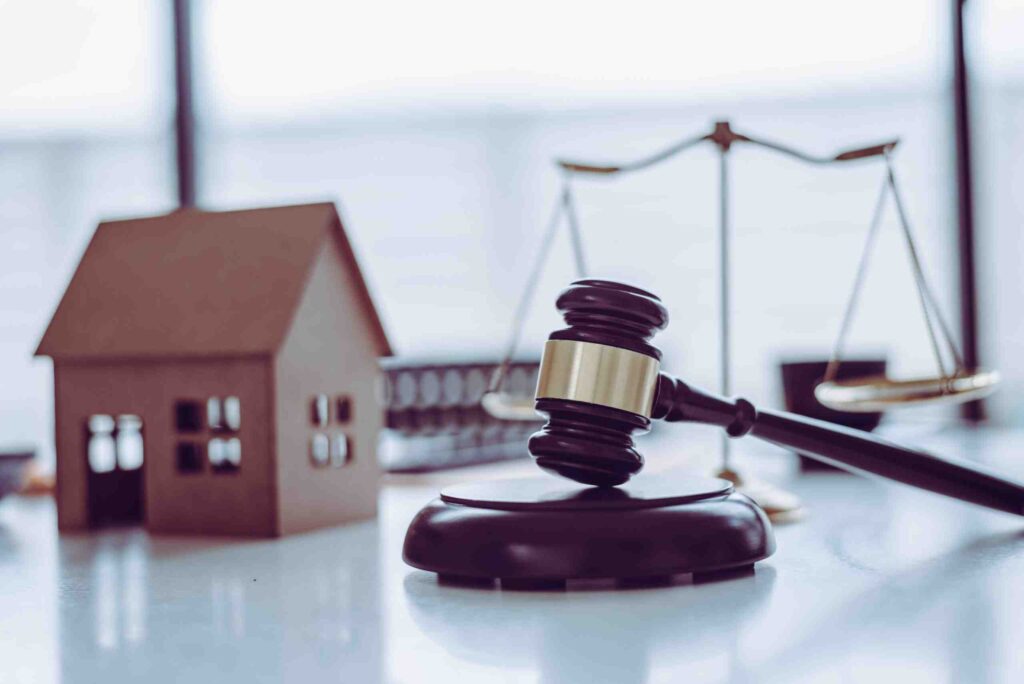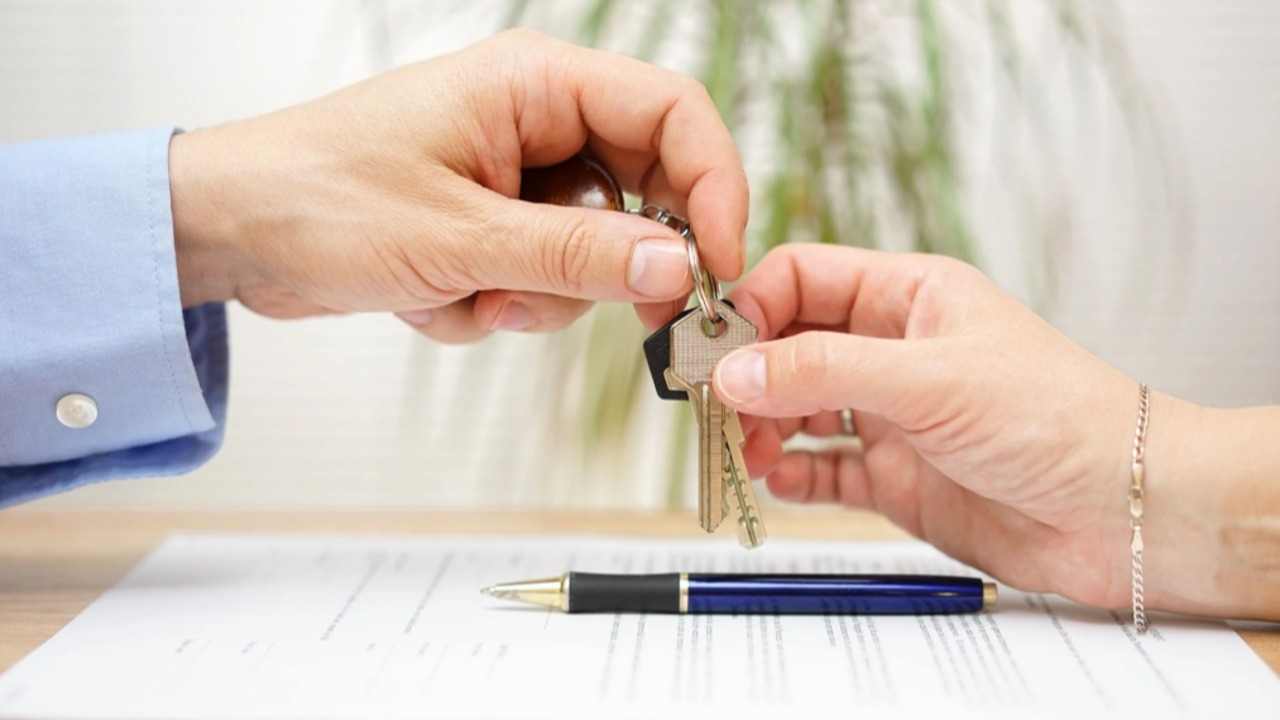Dubai’s real estate market is very vast. It attracts investors and landlords from around the world. However, managing property in this dynamic city comes with responsibilities and a need for awareness of legal rights, particularly when it comes to rental agreements, tenant relations, and accommodation arrangements. In this guide, we’ll cover the key landlord rights in Dubai, including rent collection, property inspections, and evictions. We’ll also highlight rules and regulations for sharing accommodation in Dubai, which are essential for both individual landlords and companies providing shared housing for employees.
Legal Rights of Landlords in Dubai
Landlord Responsibilities in Dubai
Legal Rights of Landlords in Dubai

Landlords in Dubai have several important rights protected under the Dubai Rental Law (Law No. 26 of 2007), amended by Law No. 33 of 2008 and Law No. 33 of 2020. These laws aim to create a balanced environment for both tenants and property owners.
1. Right to Rental Income
Landlords have the right to receive rent on time according to the lease. Rent is often paid through post-dated checks for the entire lease period. If a tenant doesn’t pay within 30 days after getting a notice, the landlord can start eviction. Landlords can also raise rent during lease renewal if they follow the RERA Rental Increase Calculator. If they want to change rent or terms, they must give written notice at least 90 days before the lease renewal date.
2. Right to Evict Tenants
Evictions are allowed in certain cases, like if rent isn’t paid, the tenant sublets without permission, misuse the property, or is involved in illegal activities. Selling the property, planning renovations, or using it personally are also valid reasons for eviction. In non-urgent cases, landlords must give 12 months’ notice by registered mail or through a notary before evicting. In urgent cases, like illegal activities or missed rent, landlords can apply for eviction with the Rental Dispute Settlement Centre (RDSC).
3. Withholding Security Deposits
Security deposits, usually equal to one or two months’ rent, protect landlords in case of property damage or contract issues. If any amount is deducted, landlords must give a detailed report explaining why. The remaining deposit should be returned quickly after the lease ends if the property is in good condition.
4. Property Inspections with Prior Notice
Landlords can check on their property during the lease to see that it is being maintained. They must give 24 hours’ written notice before entering the premises. Inspections also allow landlords to identify any required repairs or confirm that tenants are following the lease agreement.
5. Enforcement of Lease Terms
Landlords have the right to enforce lease agreements, including rent payments and tenant behavior clauses. In case of violations, landlords can impose penalties or terminate the lease if necessary. Clear lease terms reduce the chances of misunderstandings and make it easier to enforce the agreement.
Landlord Responsibilities in Dubai

Landlords have significant rights, but they also have important obligations that maintain a balanced relationship with tenants. Here is a breakdown of key landlord responsibilities in Dubai.
1. Maintaining the Property
Landlords are required to provide tenants with a property that is in good condition. They must also handle major repairs and ensure the property remains safe and habitable throughout the tenancy.
2. Respecting Tenant Privacy
Landlords cannot enter the property without informing tenants in advance. A 24-hour notice is mandatory before inspections or maintenance visits. Tenants have the right to peaceful enjoyment of the property during the lease term.
3. Returning the Security Deposit
If the tenant leaves the property in satisfactory condition, landlords are responsible for refunding the security deposit within 14 days. Any deductions must be clearly documented and communicated to the tenant.
4. Providing Check-In and Check-Out Reports
A smooth leasing process requires transparency. Landlords should offer check-in and check-out reports detailing the property’s condition at the start and end of the lease. This helps avoid disputes when it’s time to return the security deposit.
FAQs about Landlord Rights in Dubai
Q1. How much notice must a landlord give in Dubai?
For lease termination related to personal use, renovation, or sale, landlords must provide 12 months’ notice through registered mail. If the tenant is being evicted for non-payment or misuse, the required notice is 30 days.
Q2. Can a landlord increase rent every year in Dubai?
Yes, but rent increases must follow the RERA Rental Index. Landlords must notify tenants 90 days before the lease renewal date if they plan to increase rent.
Q3. How can tenants get their security deposit back from landlords?
To receive the security deposit refund, tenants should make sure the property is in good condition, settle all utility bills, and participate in the final inspection with the landlord. Landlords are expected to return the deposit within 14 days after the lease ends.
Conclusion
Dubai’s rental market offers great opportunities for landlords, but to succeed, they need to understand their legal rights and responsibilities related to property management. From rent collection and property inspections to managing shared accommodations, landlords must stay compliant with Dubai’s regulations to maintain positive tenant relationships and avoid legal issues.
If you are a landlord looking to rent or sell property or need help navigating Dubai’s real estate market, Time Homes Real Estate can assist you every step of the way. Our expert team ensures smooth transactions and helps you make the most of your property investments.
Knowing your rights as a landlord in Dubai and meeting your responsibilities makes renting easier. Keeping up with the 2024 tenancy laws will help you manage your property well, create good relationships with tenants, and prevent conflicts. For more helpful insights and to navigate the complexities of Dubai’s real estate market, explore more on Time Homes Real Estate’s blog.










